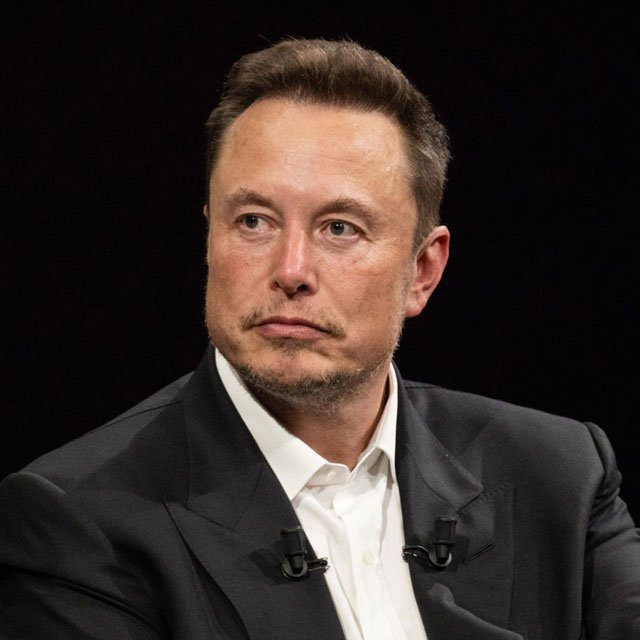Elon Musk Wants Twitter to Take On Jamie Dimon

What You Need to Know
Musk’s X app would include fintech features like payments and banking.
History (remember Facebook’s Libra?) suggests he faces an uphill battle.
Elon Musk’s grand vision is to turn Twitter into a one-stop shop for financial services. It’s hardly the first time a tech giant has sought to muscle in on Jamie Dimon’s turf.
Facebook spent years investing in a project called Libra that was supposed to revolutionize cross-border payments, but regulatory scrutiny forced it to abandon the push. Google planned a digital financial offering and even lined up 11 banks as partners for the launch before it suddenly nixed the entire plan. Amazon.com Inc. considered offering checking accounts for consumers, yet that endeavor never became a reality.
Of course, Musk isn’t like other tech executives. His business decisions don’t tend to follow predictable paths — as evidenced by his many shocking moves at Twitter, including abandoning its iconic bird-based brand for the letter X. He also has experience in financial technology, having founded the firm now known as PayPal Holdings Inc.
But history suggests an uphill battle for Musk. The landscape is filled with U.S. technology firms that tried to take on banking behemoths, only to scale back their ambitions in the face of competition and protracted approval processes.
“I’m not saying at all that he can’t do it,” Pranav Sood, executive general manager at cross-border payments platform Airwallex. “But it’s something that takes time and it’s something that takes investment because you have to make sure that you do things right in order to stay compliant globally.”
Musk’s envisioned X app — which will connect Twitter’s underlying infrastructure with X.com, a web address that now functions as a routing service to Twitter — is one that layers communication, multimedia and “the ability to conduct your entire financial world.”
In messages posted in support of Musk’s overhaul, Twitter Chief Executive Officer Linda Yaccarino said X would include fintech features such as payments and banking. Twitter has already snagged money-transmitter licenses in four U.S. states — Arizona, Michigan, Missouri and New Hampshire.
It was a vision Musk had tweeted himself in 2022 during his acquisition of the social-media site. His musings indicated he wanted Twitter to be more like Tencent Holdings Ltd.’s WeChat, a messaging service turned super-app used daily by more than a billion people in China. It’s also a fintech titan that allows users to send each other funds, pay for goods and services, and even borrow money.
It wouldn’t be Musk’s first foray into payments. He moved to Silicon Valley during the dot-com boom, and founded a company — also once known as X.com — that eventually became PayPal. He made his first fortune when PayPal was sold to eBay Inc. As for banking, Musk has said he turned down “several high-paid jobs on Wall Street” to focus on technology — a decision that’s worked out well for Musk, now the world’s richest person, with a net worth of $238.9 billion, according to the Bloomberg Billionaires Index.
But adding banking and payments features will require users to get comfortable with a company with a brand-new product name and its own set of financial woes after Musk saddled Twitter with high-cost debt.
WeChat, Alipay
Tech platforms around the world are looking for ways to better monetize their existing customer bases and product offerings, and have long sought the routine, loyal engagement consumers have with their banks and other financial services providers. Plus, they’d love to replicate the traction that players such as WeChat and Ant Group Co.’s Alipay have gained in China.




